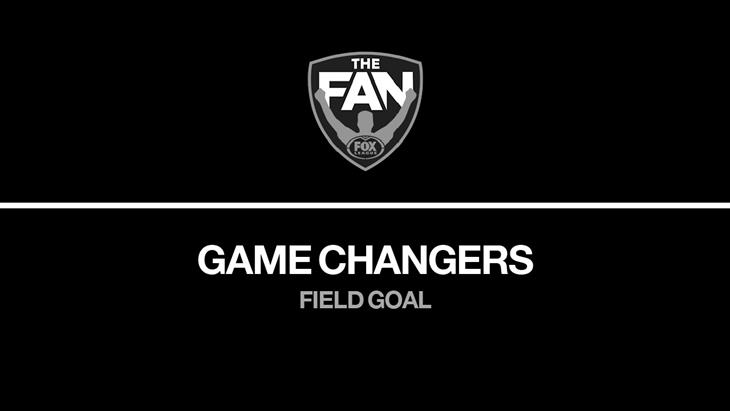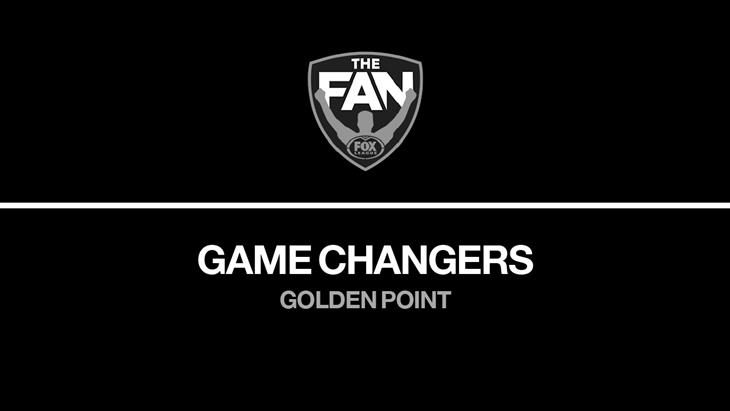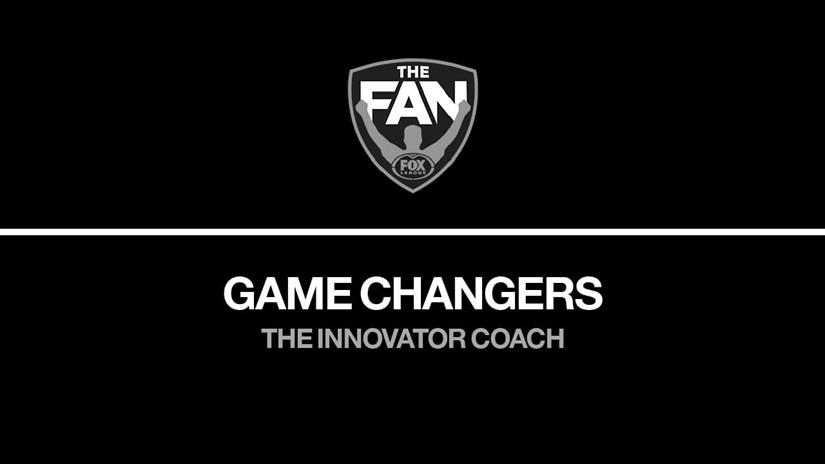"If you're confident enough to ask the question, stick it through and be willing to go on this journey with them. They'll need you there." - Clinton Toopi, NRL Ambassador
Hey, are you ok?
We're asking not just because it's international R U OK? day, but because we believe it's a conversation worth having.
In a survey commissioned by Mental Health Australia, it was found that only 18 percent of us seek advice or support when we're feeling stressed or sad. For those of us who stay silent, just being asked, "Are you ok?" could be the catalyst we need to open up.
"Sometimes someone showing simple interest in your wellbeing can take something you've been suffering with silently and bring it to light, making you feel less isolated," says one of own Youiers who struggles with anxiety.
Of course asking this simple question is easier said than done. If you are lucky enough to identify the warning signs that a coworker or a loved one may be suffering, it can be hard to know how to address it, let alone how to help them.
We invited former NRL player and passionate mental health advocate, Clinton Toopi, to join us for a talk about mental health this R U OK Day. Toopi is an ambassador of the NRL's State of Mind program which aims at destigmatizing mental health issues and encourages young men and women to improve their mental health through a range of tools and services.
Toopi's message for the day was clear - Never underestimate the power of showing someone that you care. Here are some of his tips for asking someone if they're ok.
Clinton's tips for starting a conversation about mental health
- Be confident about starting the conversation
- Reach out in the right environment, not in front of everybody
- Know that people won't always be ready to talk about their feelings, so be equipped and ready for the conversation every day of the year
- Show them that you're going to support them - be willing to go along for the entire journey
- Have a loving and caring desire to help people every single day
Need someone to talk to?
Call:
Lifeline (13 11 14) - 24/7 crisis support
Kids Helpline (1800 55 1800) - Counselling for young people 5-25
GriefLine (1300 845 745) - Counselling service for people suffering grief




